Villeneuve’s next film, Dune, is set to be released in theaters this October. Time will tell if Villeneuve has chosen to continue to explore the themes of isolation and loneliness in his newest film.
|
By Mason Leaver Denis Villeneuve has consistently made films of breathtaking quality, including Prisoners (2013), Sicario (2015), and Arrival (2016). Yet, he is a less recognized name in film when compared with other directors. One of the reasons for this lack of popularity may be due to the fact that the director does not have a specific visual style, unlike contemporaries such as Wes Anderson or Quentin Tarantino (though Villeneuve’s partnership with cinematographer Roger Deakins has led to some visual similarities between his works). While Villeneuve’s filmography may not be held together by a common genre or mise-en-scene, it does still bear certain, less obvious commonalities. One of these commonalities is a repeated characteristic of his protagonists. Denis Villeneuve has demonstrated himself to be an auteur in the quality of his films by the common thematic exploration underlying his work, which examines isolation from a variety of perspectives and contexts. Detective Loki, framed in his cramped office space Last year I wrote a review of Prisoners and praised it for it’s storytelling and visuals. It is one of Villeneuve’s best films, and it highlights the start of the common trend surrounding the theme of isolation. The protagonists Loki (Jake Gyllenhaal) and Dover (Hugh Jackman), are examples of isolated characters. Loki is a man who appears to be completely detached from others. He has given himself completely to his job as a detective. As the film progresses, Loki loses himself in his obsession to solve the case at the heart of the film. Dover, on the other hand, embodies a very different sort of isolation. Dover is a family man, and at the beginning of the movie is a very sociable and engaged person. However, after his daughter goes missing, Dover begins to isolate himself from his family, becoming equally obsessed with finding his kidnapped daughter. On screen, both Dover and Loki are often shown in cramped spaces- Dover in his truck, Loki behind his desk, both men restricted by the frame. Prisoners uses these two men as examples of the isolation which stems from obsession. Villeneuve (left) and Gyllenhaal (right) on the set of Enemy Enemy (2013) was released the same year as Prisoners, and also stars Jake Gyllenhaal. The film centers around Adam (Gyllenhaal), a history professor who discovers a man who looks exactly like him in a film. Adam attempts to track the man down, and begins to lose his mind in the process. Enemy, like Prisoners, examines loneliness and isolation, but Enemy examines two different forms of isolation. Firstly, the film deals with the suffering through a mental breakdown. Adam begins to question his own sanity and he begins to spiral further and further out of control. Yet, he finds out that others cannot relate to, or even understand, his condition. Villeneuve uses the two characters to show the isolation which comes from infidelity and lies. Adam sleeps in a small apartment with very little in it, and has no attachments, save for his girlfriend. Anthony (Gyllenhaal), Adam’s counterpart, is a successful actor with a wife. Yet both men are unsatisfied in their relationships, seeking more than what they have. The two characters come to represent a way of living a double life, with infidelity and selfishness at their core. The final shot of the film shows the ultimate isolation which one is forced into when they must confront their inner demons. Emily Blunt in Sicario Sicario (2015) follows Kate Macer (Emily Blunt), an FBI agent who becomes involved in a fight against the cartel. At the beginning of the film, Macer believes that she is fighting the good fight, and is optimistic about her role in serving justice. However, as she is recruited into a secretive mission to arrest high ranking members of the cartel, she crosses lines she never thought she would have to. Macer’s partners resort to torturing criminals for information and using Macer herself as bait in order to further their investigation. By the end of the film, Macer is disillusioned with the system that she has been working with. Nevertheless, she is forced to sign a document stating that everything that she and her team did was legal. Sicario depicts a sort of moral isolation. Macer is the only ethically upstanding person in a wholly corrupt system. As Macer continues with her mission, she becomes immersed in the corruption that she was initially revolted by, until she does not recognize herself- her moral compass tells her that the things she has done are wrong, yet she cannot take them back. Again, Villeneuve depicts an isolation in his protagonist- this time through the corruption of a system much larger than she is. Amy Adams stands alone in Arrival While Villeneuve’s previous work depicted isolation as a result of some negative circumstance, Arrival (2016) examines this experience as a result of epiphany. As Louise Banks (Amy Adams) begins to study the language of the aliens that have visited Earth, she begins to see the world differently. The aliens understand time in a different way than humans, able to see the present, past and future simultaneously. As Dr. Banks learns their language, she begins to be able to see the world from their perspective. She dreams in the alien language, and as she understands their language more thoroughly, she begins to see time as they do- past, present, and future all at once. The film shows us that as Banks continues her life, this new knowledge of time causes conflict with her husband. Banks is aware that their daughter will die young of an incurable disease, as she has seen it in the future. Nevertheless, Banks chooses to have the child. When Banks reveals this to her husband, it leads to a conflict which results in divorce. Ultimately, Banks’s enlightenment leads her to being isolated from the rest of humanity, as she is able to conceptualize the world in a way no one else can. K (Gosling) in his apartment with Joi (de Armas) Villeneuve’s most recent film, Blade Runner: 2049 (2017), tells the story of K (Ryan Gosling), a detective who tracks down rogue androids known as replicants. K lives a fairly depressing life. He lives in a small apartment, and has no social relationships. His only meaningful connection is to a computer program named Joi (Ani de Armas), who appears to him as a hologram. As the film continues, the hollowness of K’s life begins to become apparent to him, as all of the pseudo-relationships that he had with A.I become useless to him. Of all of Villeneuve’s films, Blade Runner: 2049 offers perhaps the least nuanced examination of isolation, though it is not any less impactful. Gosling captures the sorrow of living a lonely life, and the despair of discovering that one is even more alone than they thought. Villeneuve’s authorship does not come from any single stylistic consistency, but rather in the thematic exploration underlying all of his recent films. His work has been dedicated to exploring an aspect of human experience from a variety of perspectives. Some films, such as Sicario or Enemy offer an outlook on seclusion which is cynical, suggesting that we may become overwhelmed by our physical or moral isolation. Other films of his, such as Prisoners or Arrival offer a more hopeful view, depicting characters who still find hope and value even after experiencing an emotionally traumatizing event or an epiphany. No one except Villeneuve himself can say why it is that he seems to have this fixation with various forms of isolation in his protagonists. Regardless, this commitment to a consistent theme has shaped his career and helped him to become the impressive director that he is today. Villeneuve’s next film, Dune, is set to be released in theaters this October. Time will tell if Villeneuve has chosen to continue to explore the themes of isolation and loneliness in his newest film. For more on Villeneuve's career, take a look at our articles on Arrival, Prisoners, and Blade Runner: 2049
Manuel Franco
8/12/2023 01:07:01 am
I just want to say Thank You to everyone who supported me through the years. My name is Manuel Franco, New Berlin, Wisconsin. My story of how I won the Powerball lottery of $768.4M is a bit of a tale. I have been playing Powerball tickets for 6 years now since I turned 18. I bought my first ticket on my 18 birthday. I was feeling very lucky that day because I had contacted Dr. Odunga Michael to help me with the winning Powerball numbers. I really had that great great feeling that I looked at the camera wanting to wink at it. I only did a tiny part of it and trusted him. He gave me the numbers after I played a couple other tickets along with it for $10. I checked my ticket after the winnings came online and saw the numbers were correct including the Power play. I screamed for about 10 minutes because it felt like a dream. I had won $768.4M. You can check my winning testimony with the lottery officials just with my name search. Thank you Dr Odunga. Well, his email is [email protected] and you can also call or Whats-app him at +2348167159012 so you guys can contact him
Julie Leach
11/3/2023 06:28:37 pm
Comments are closed.
|
Archives
April 2024
|

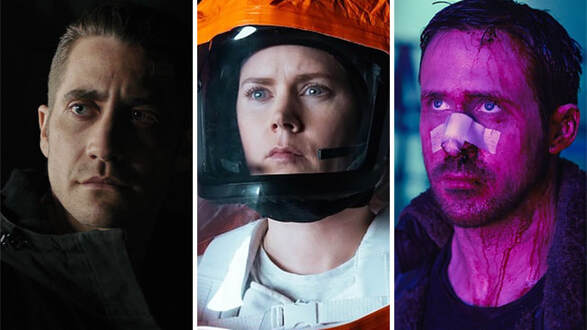
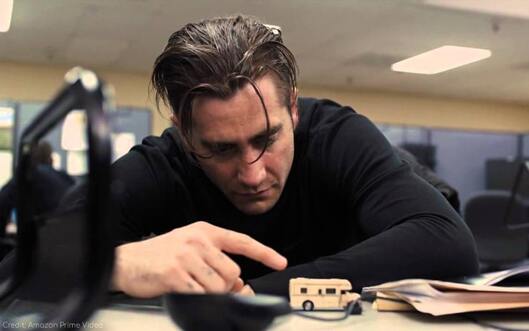
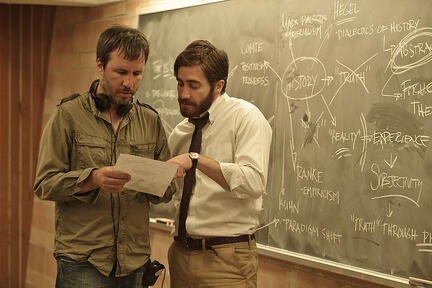
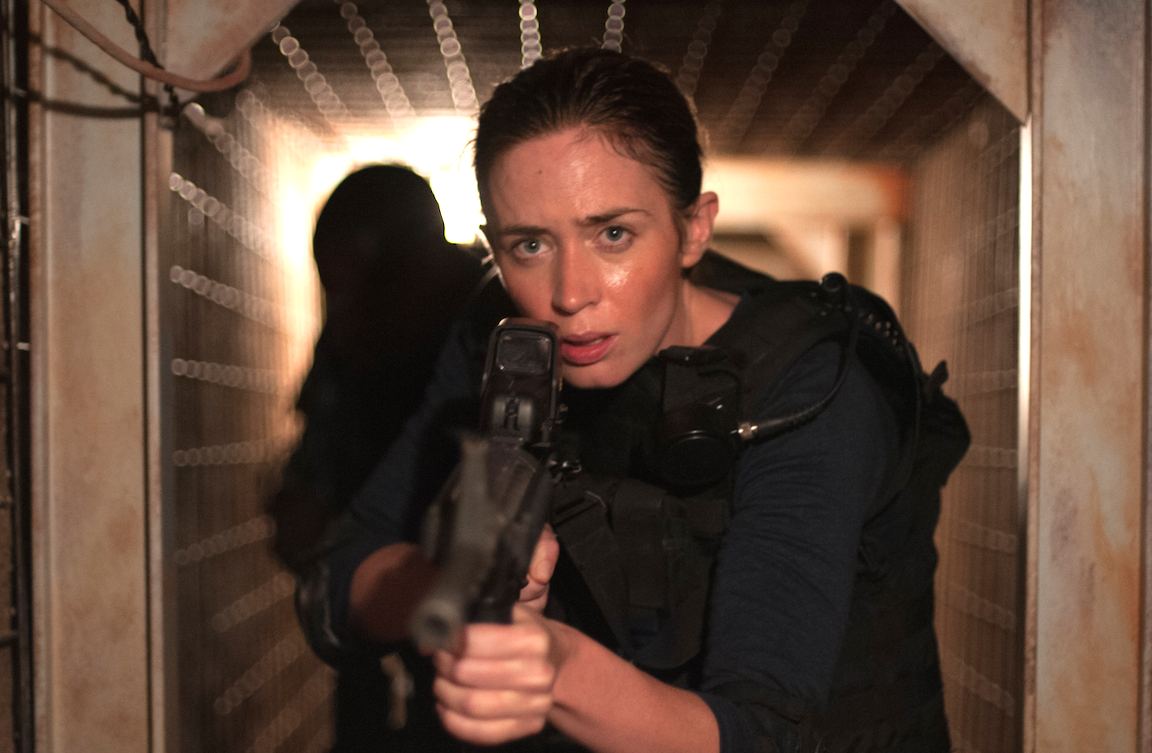
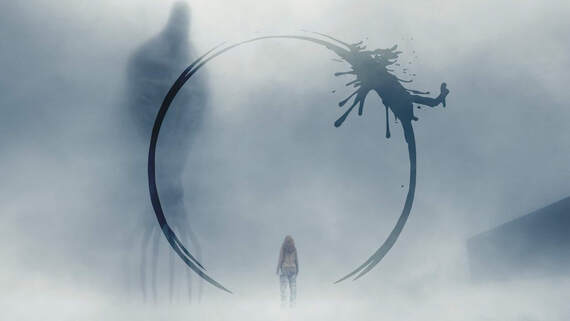
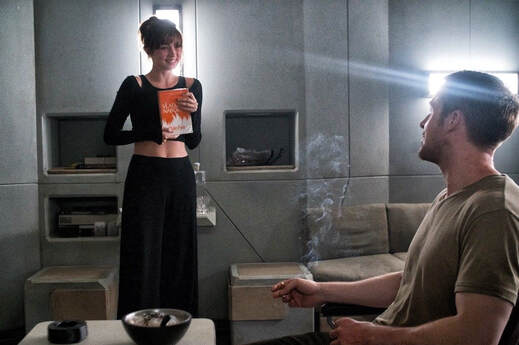
 RSS Feed
RSS Feed
